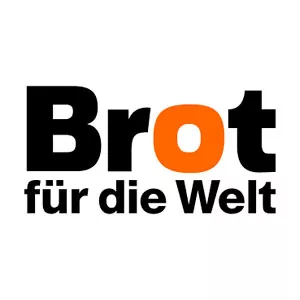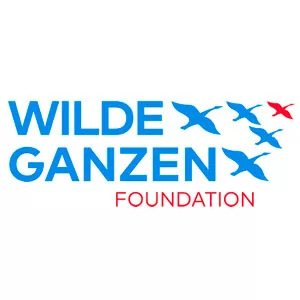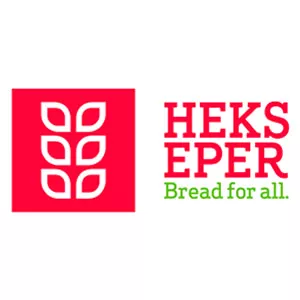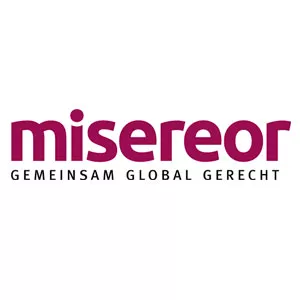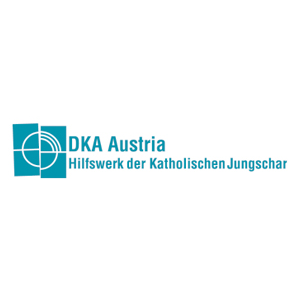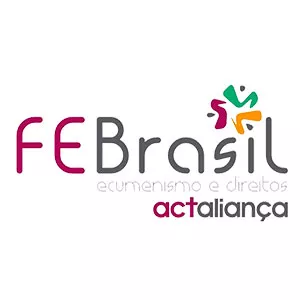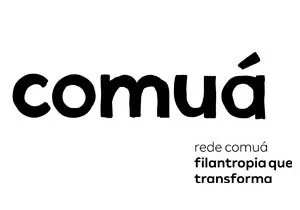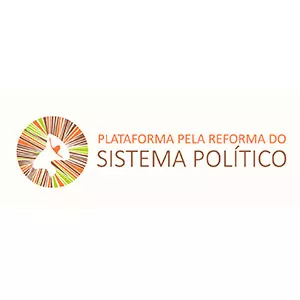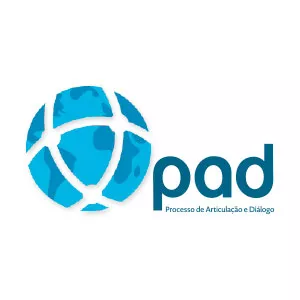CESE supports Housing Movements in São Paulo to distribute food and information
26 de July de 2021Initiative of the Union of Housing Movements raises funds and other support to help vulnerable communities

The pandemic has widened the chasm of social inequality, further penalizing street populations, street vendors and residents of peripheral communities in the large Brazilian metropolises, particularly São Paulo. The Union of Housing Movements (União dos Movimentos de Moradia) rolled up its sleeves and launched Year II of the Homeless and Hungry – the Periphery Confronts the Pandemic – (Sem Casa e Com Fome – Periferia Enfrenta a Pandemia), an initiative supported by CESE through its Match Funding Methodology. About 150 vulnerable areas in São Paulo, Baixada Santista, Campinas and Ribeirão Preto have received donated food, as well as kits containing hygiene items.
Ivanisa Rodrigues, activist for the Union of Housing Movements of São Paulo and the National Low-income Housing Union (União Nacional de Moradia Popular: UNMP), explained that at the beginning of the pandemic the city of São Paulo was totally paralysed. Social isolation came in without support for vulnerable populations, who frequently make a living informally. There are different challenges for the populations that live on the streets and those that live in the peripheral communities. The street population felt the impact immediately, since they already suffer from a lack of access to basic sanitary conditions. Residents of peripheral areas in housing developments and settlements experience a lack of ventilation. “We established a different approach for each of these groups. In the favelas, we visited the families to identify their greater vulnerabilities,” she explained. Volunteers made home visits based on contacts and proximity in the tenements and with street dwellers. One of the main communication strategies with these groups has been via WhatsApp, which allows the movement to monitor the communities’ situation and needs, and to deploy people to deliver the kits.

Over the year and a half of the pandemic, the movements have distributed a total of 150 thousand staple food baskets, in what has been the union’s largest and longest mobilization campaign. “In addition to food donations, the preparation and manufacture of masks was also important. We received a donation of fabric, thread and elastic. We also got funding for female seamstresses and people within the movement who already had these skills. They were able to sew masks in their homes and receive an allowance. These masks were distributed everywhere free-of-charge. We ended up producing around 120 thousand masks,” she noted.

“With the Match Funding Methodology, CESE has helped us learn more about fundraising and provided ongoing information,” she declared. The union is still seeking support and funding to continue its work on the streets and in the communities of São Paulo and its Metropolitan Region. The union is pressurizing the São Paulo municipal authorities to continue providing the social action required by these populations, which have an immediate need for food and hygiene care. “We are facing difficulties, but we are facing them collectively, listening to each other, strengthening our networks, and we can indeed reach out and get through this together,” she concluded.
Match Funding Methodology
During the pandemic, CESE in partnership with Wilde Ganzen, offering funding to support social movements and partner organizations in their emergency activities to combat the impacts of SARS-CoV-2, the causal agent of COVID-19. Through this support, the organization encourages the groups to raise half of the funding required to run their project and then doubles the amount raised.
To raise their half, the Union of Housing Movements of Greater and Inland São Paulo ran a virtual crowdfunding drive and a social media fundraising campaign and raised BRL 9,345.00. In support of this initiative, CESE then doubled the amount, leading to a total of BRL 18,690.00


